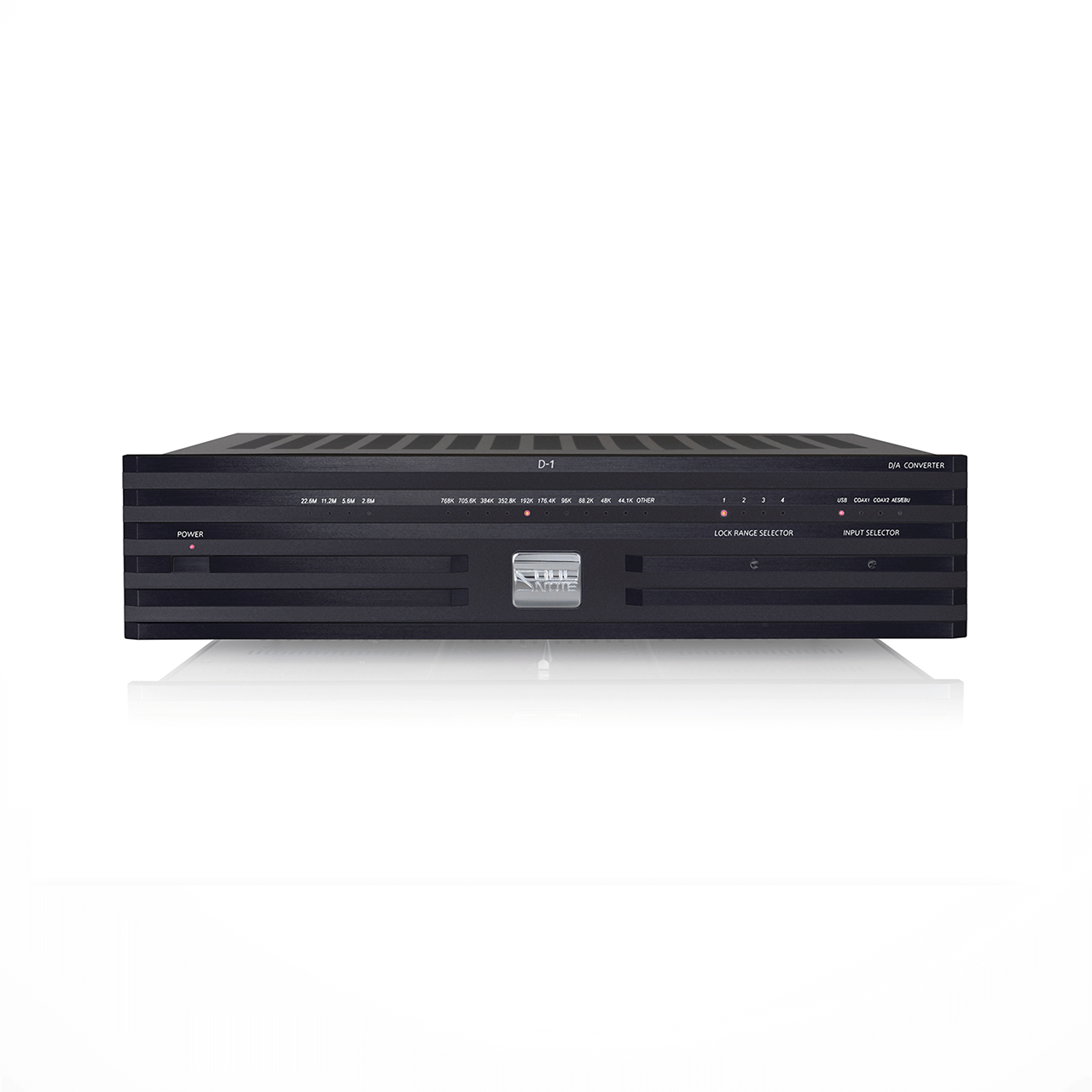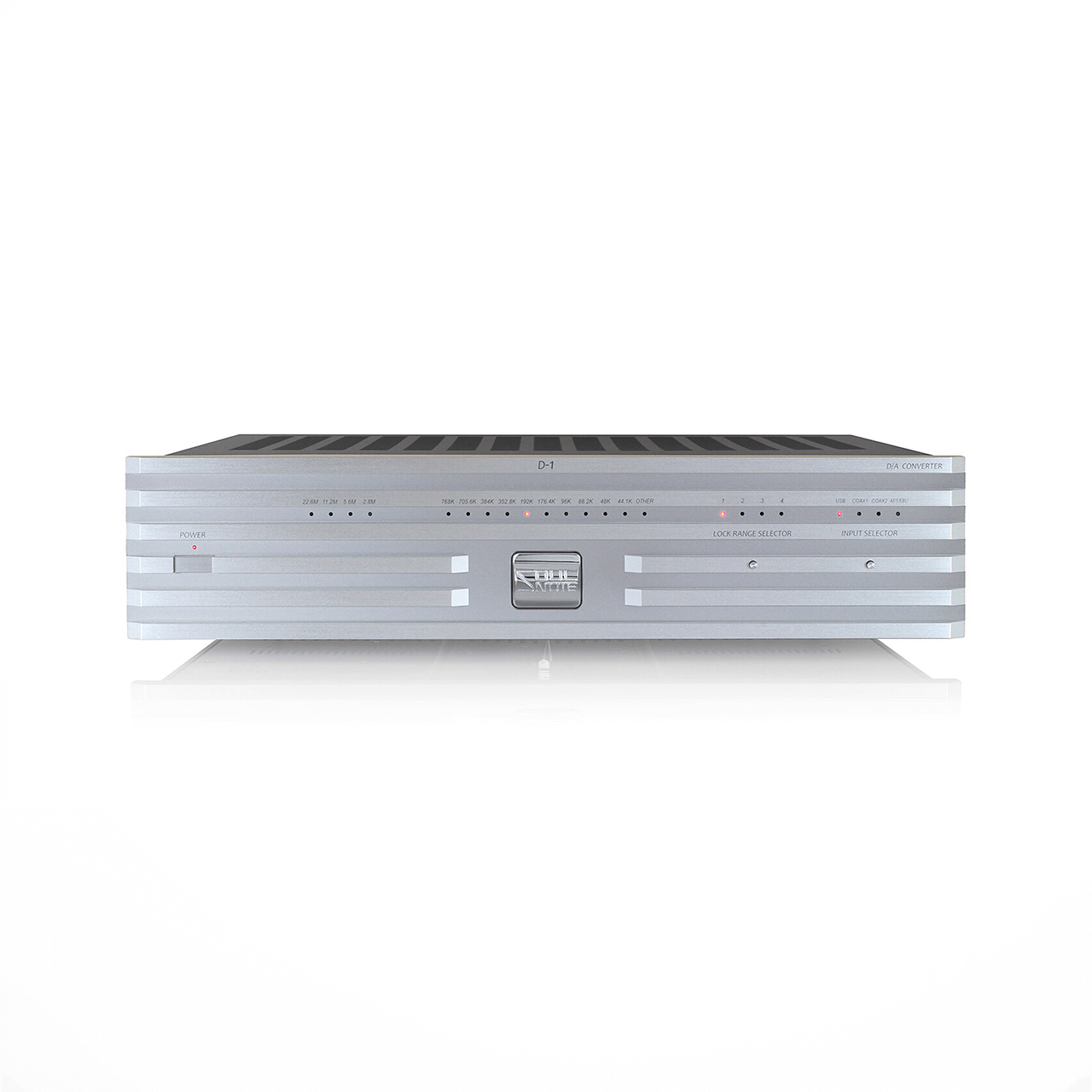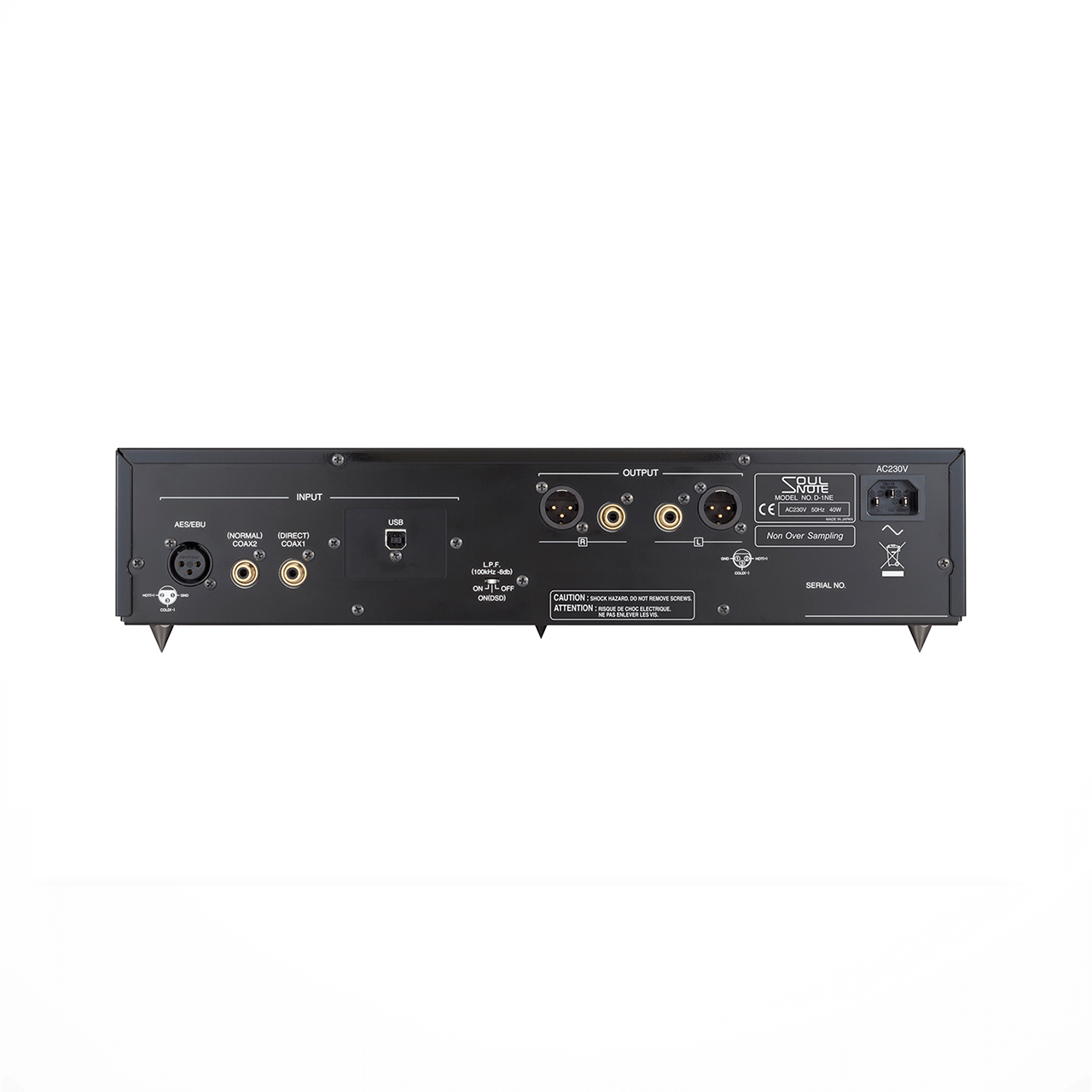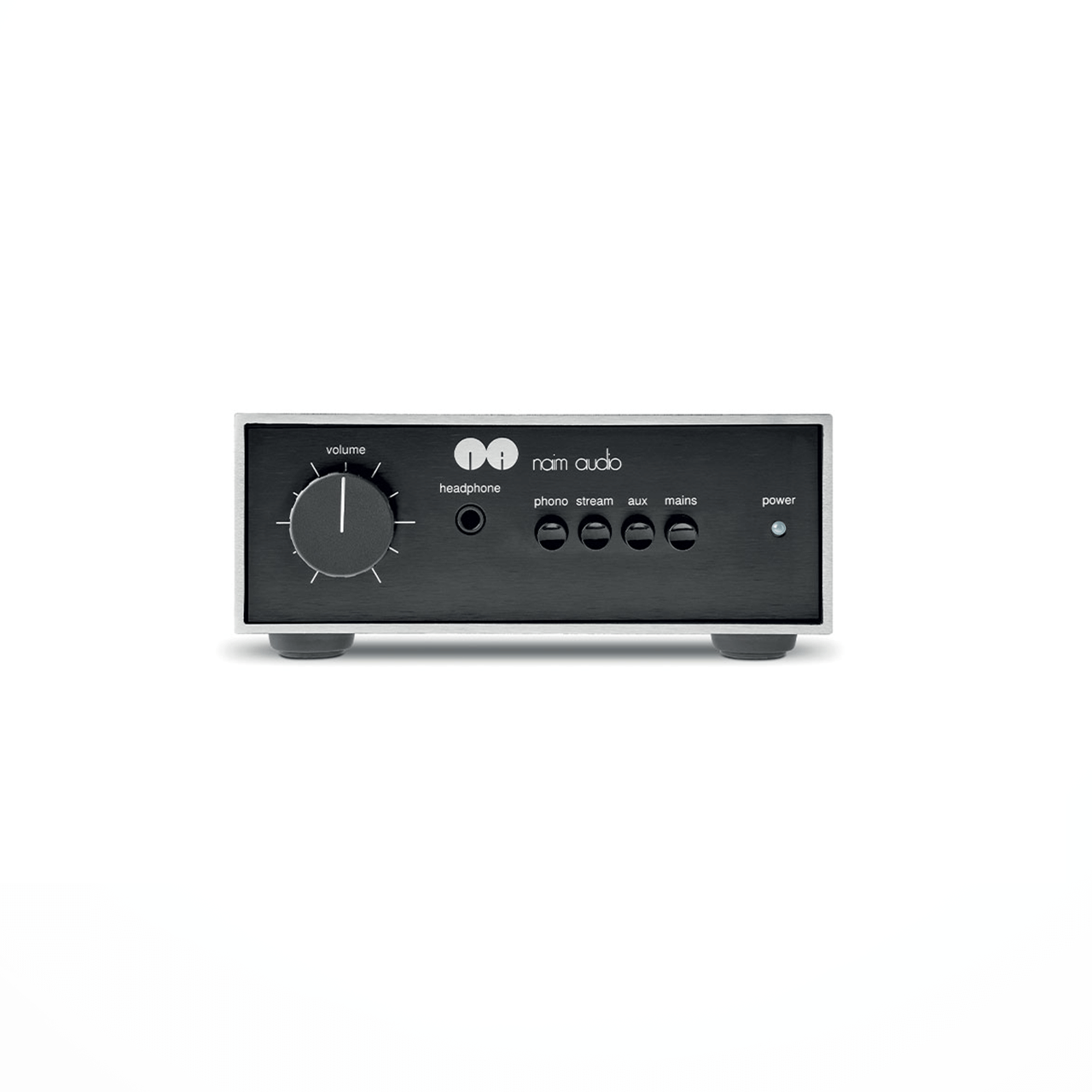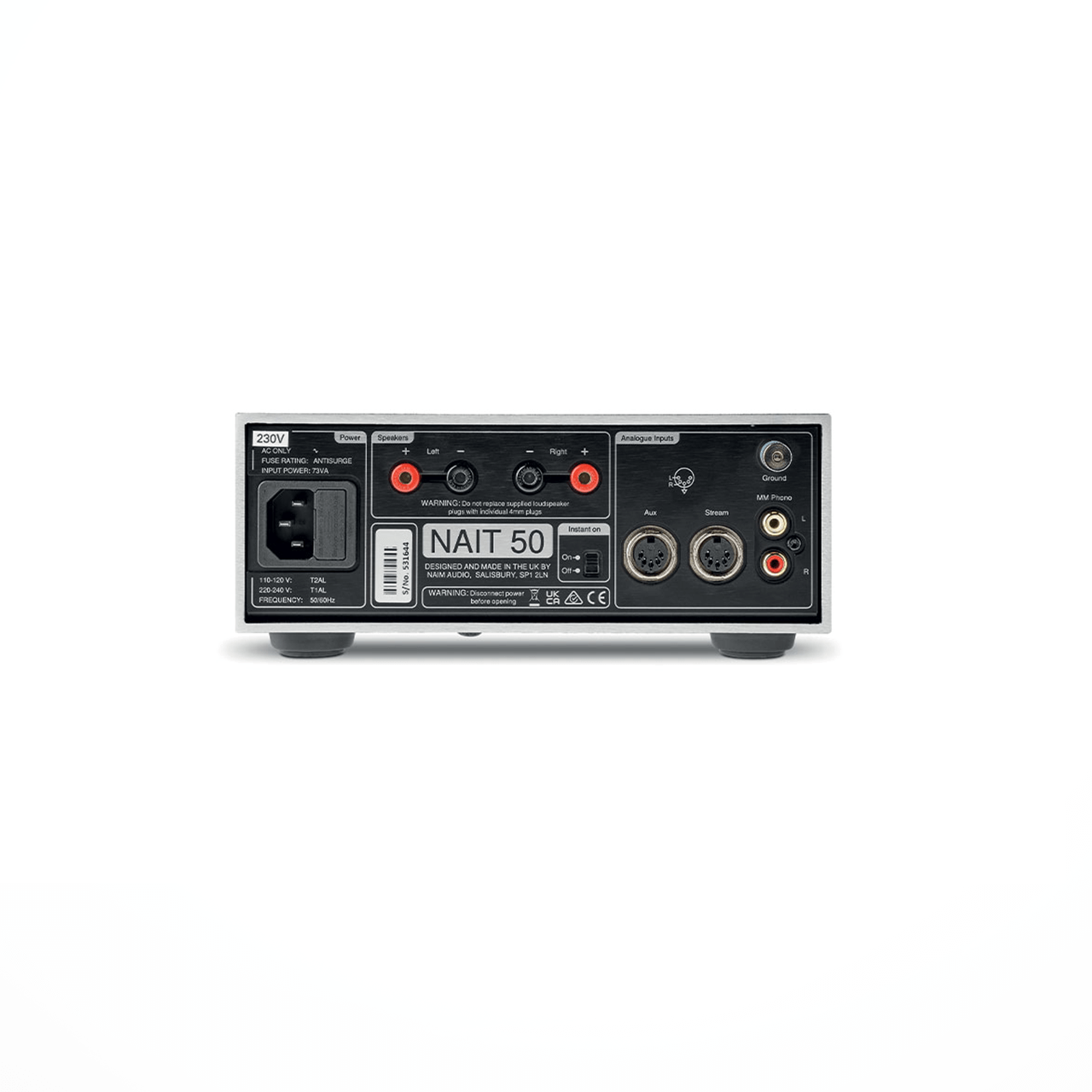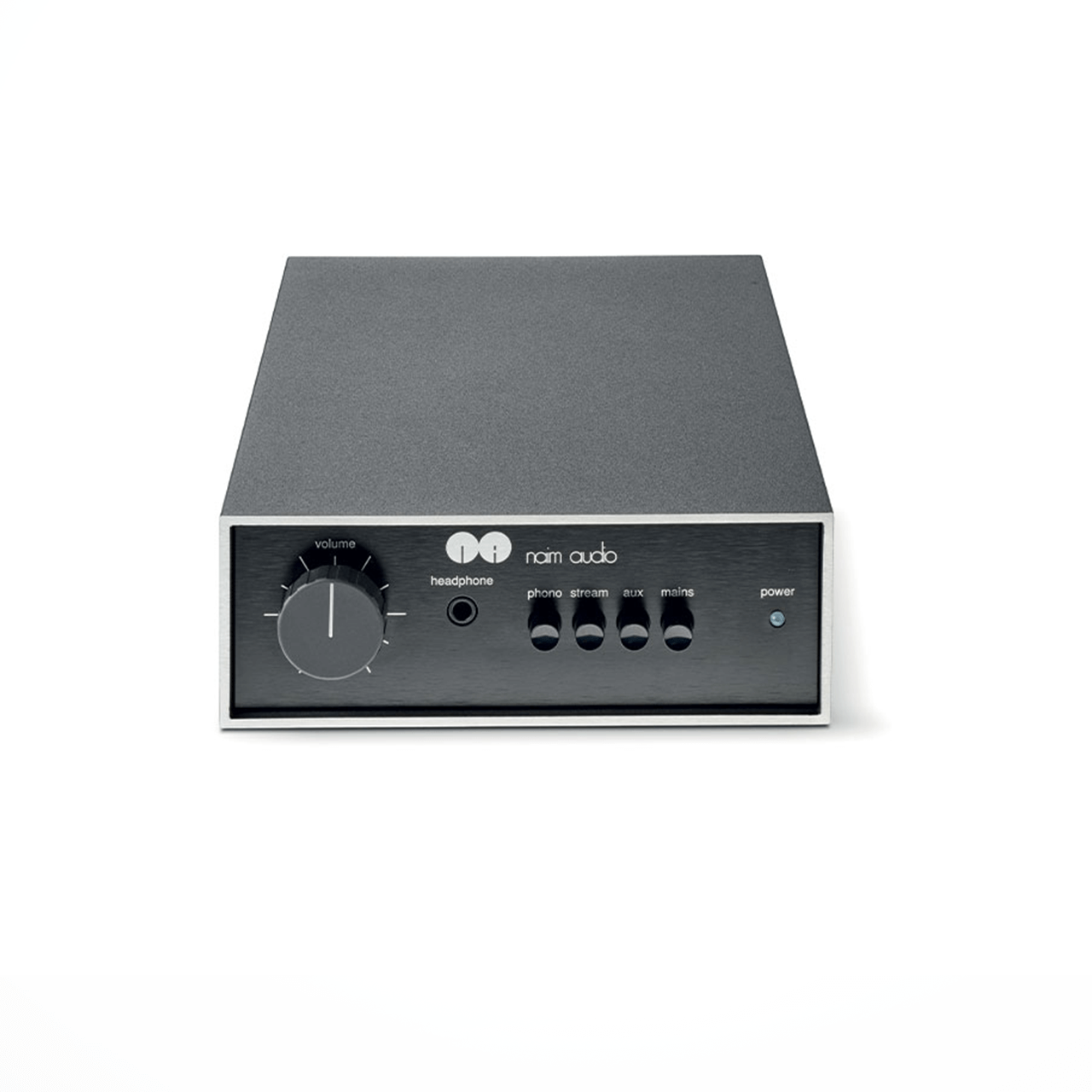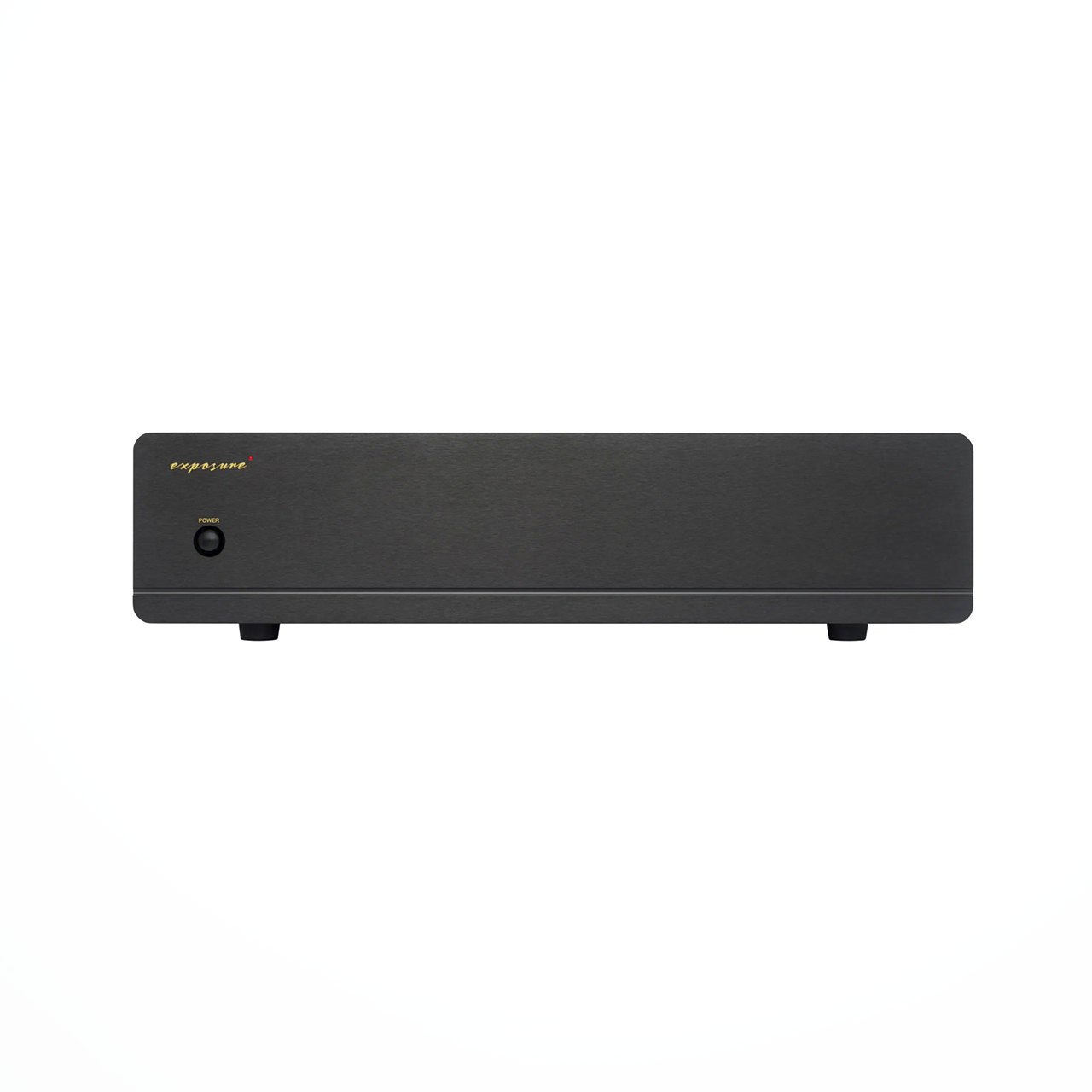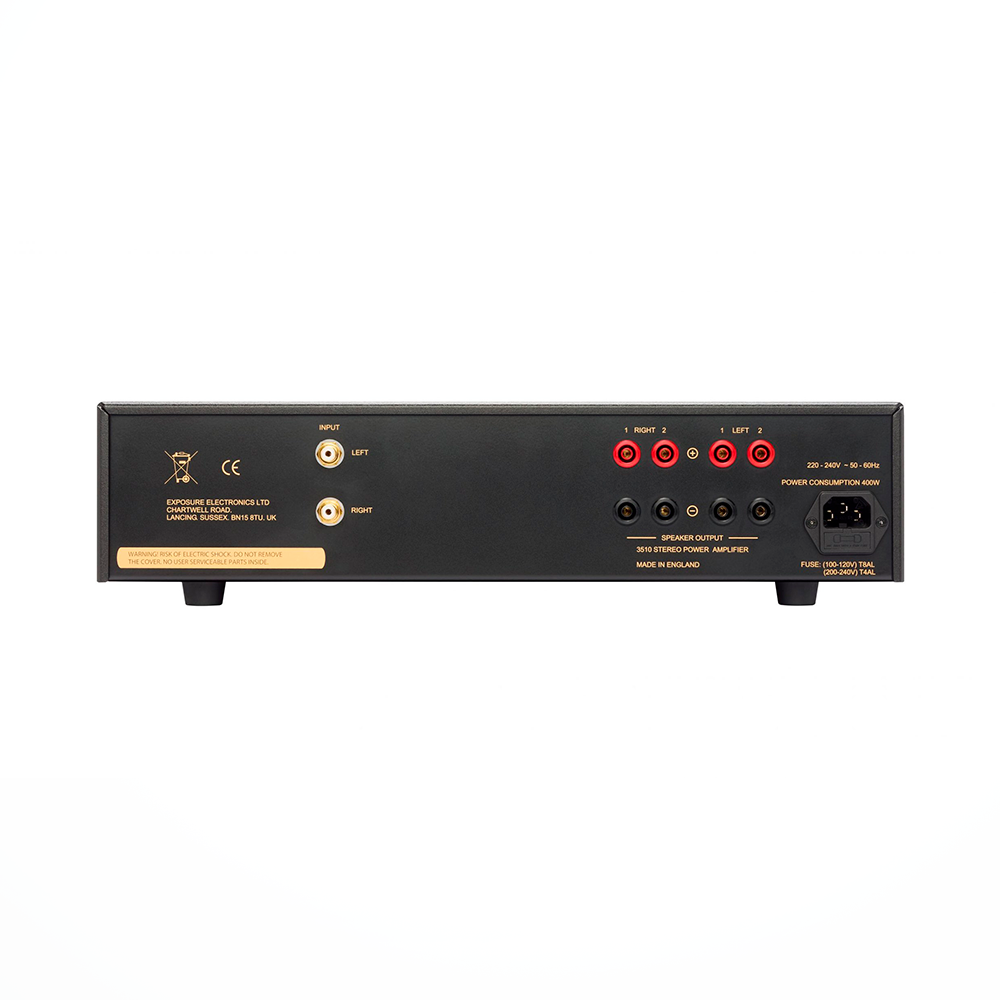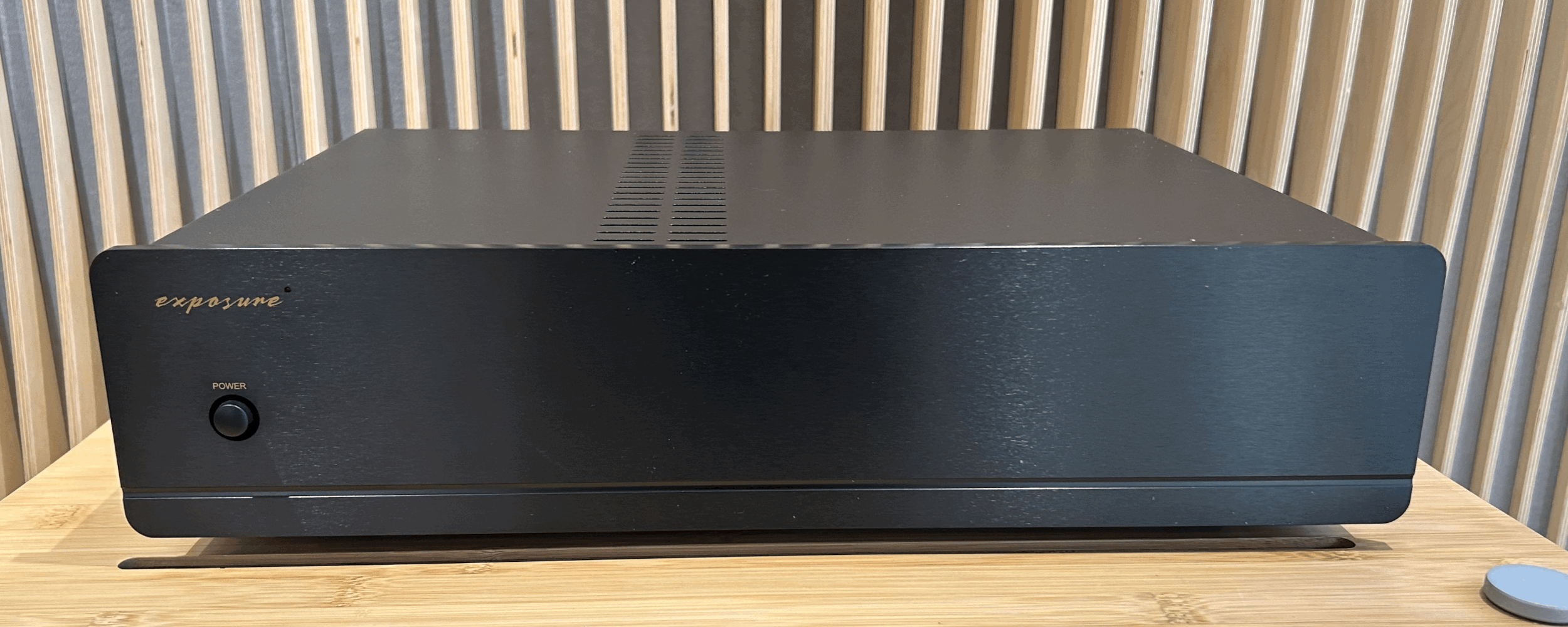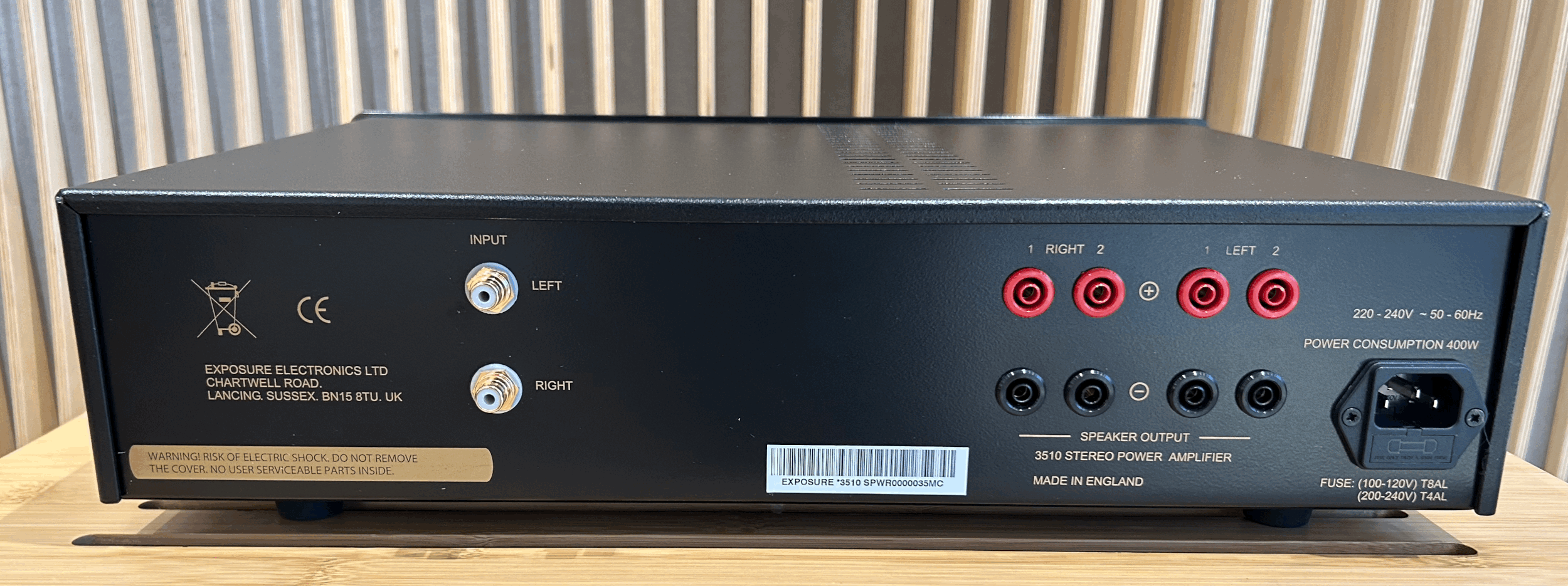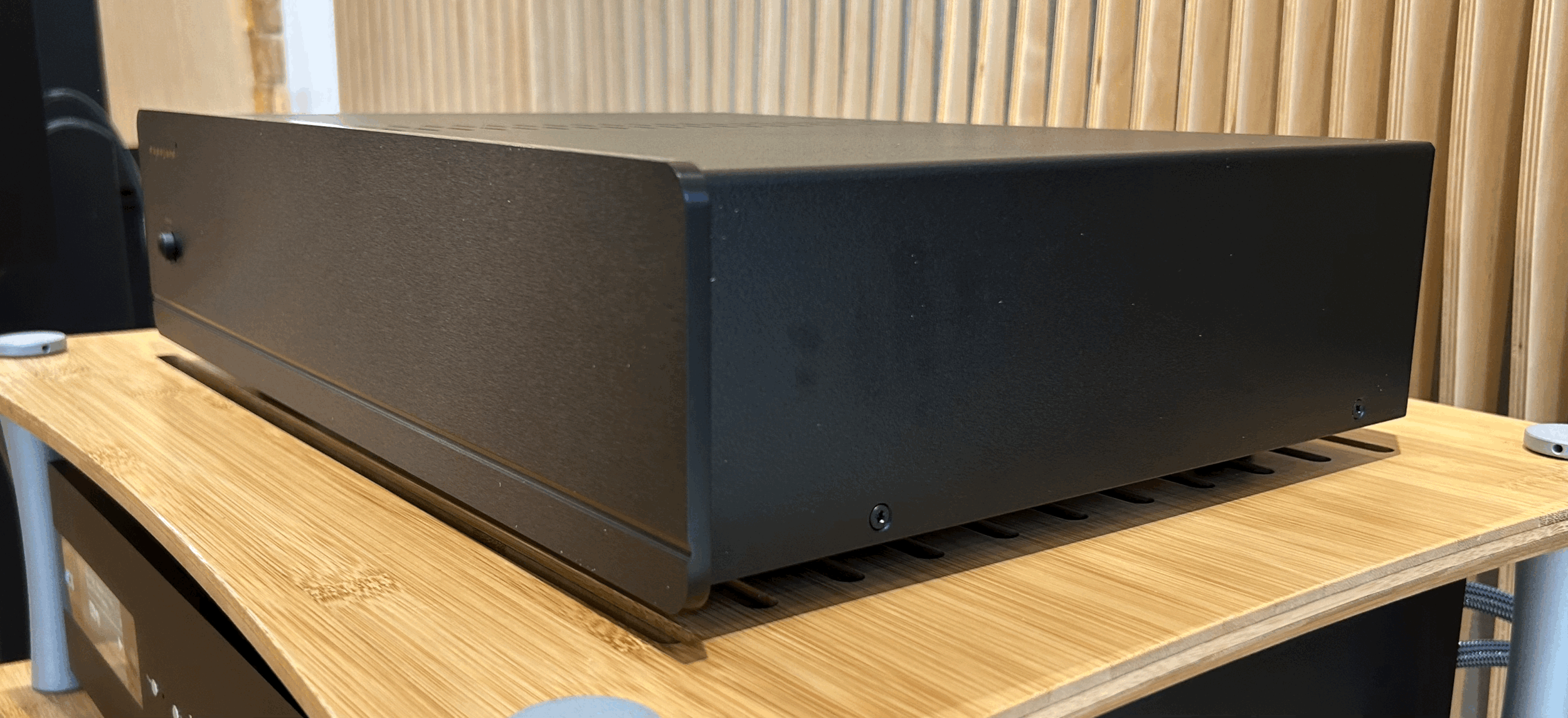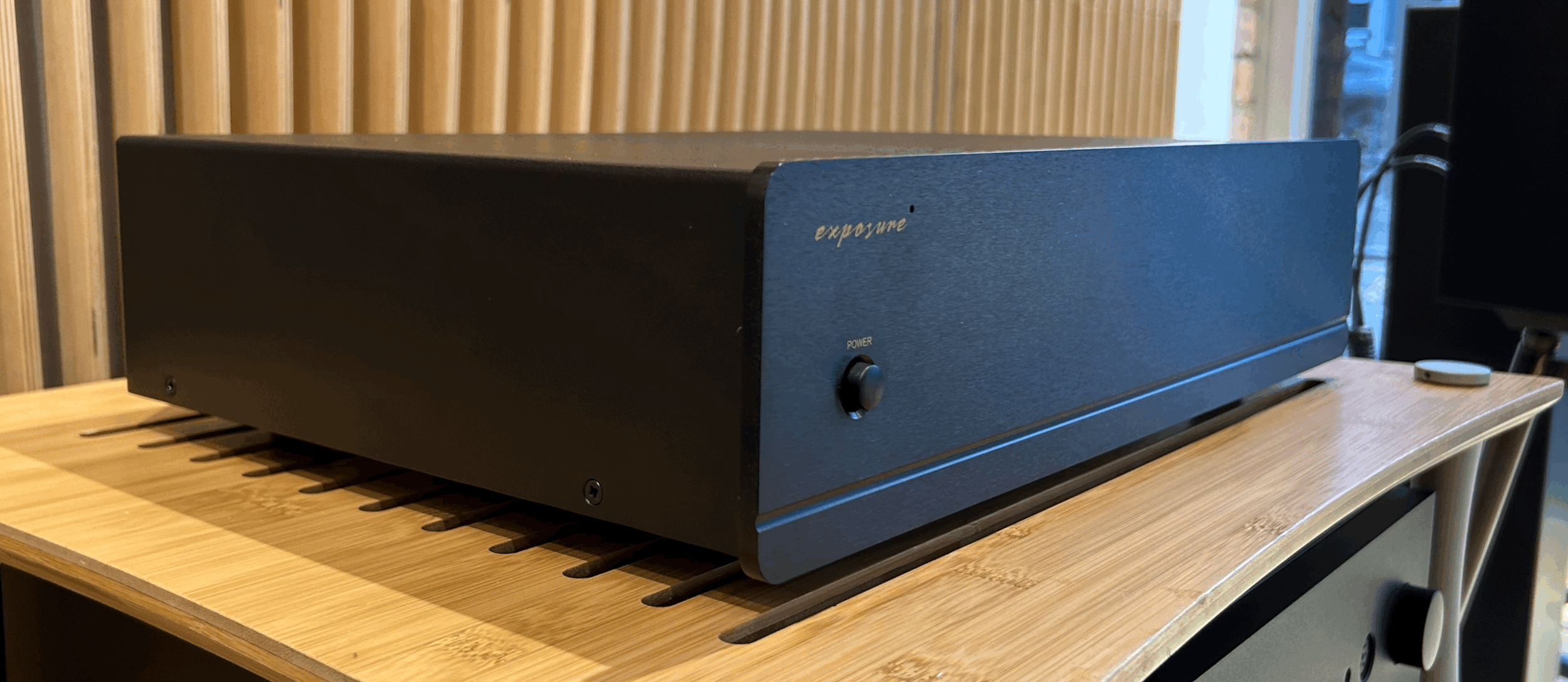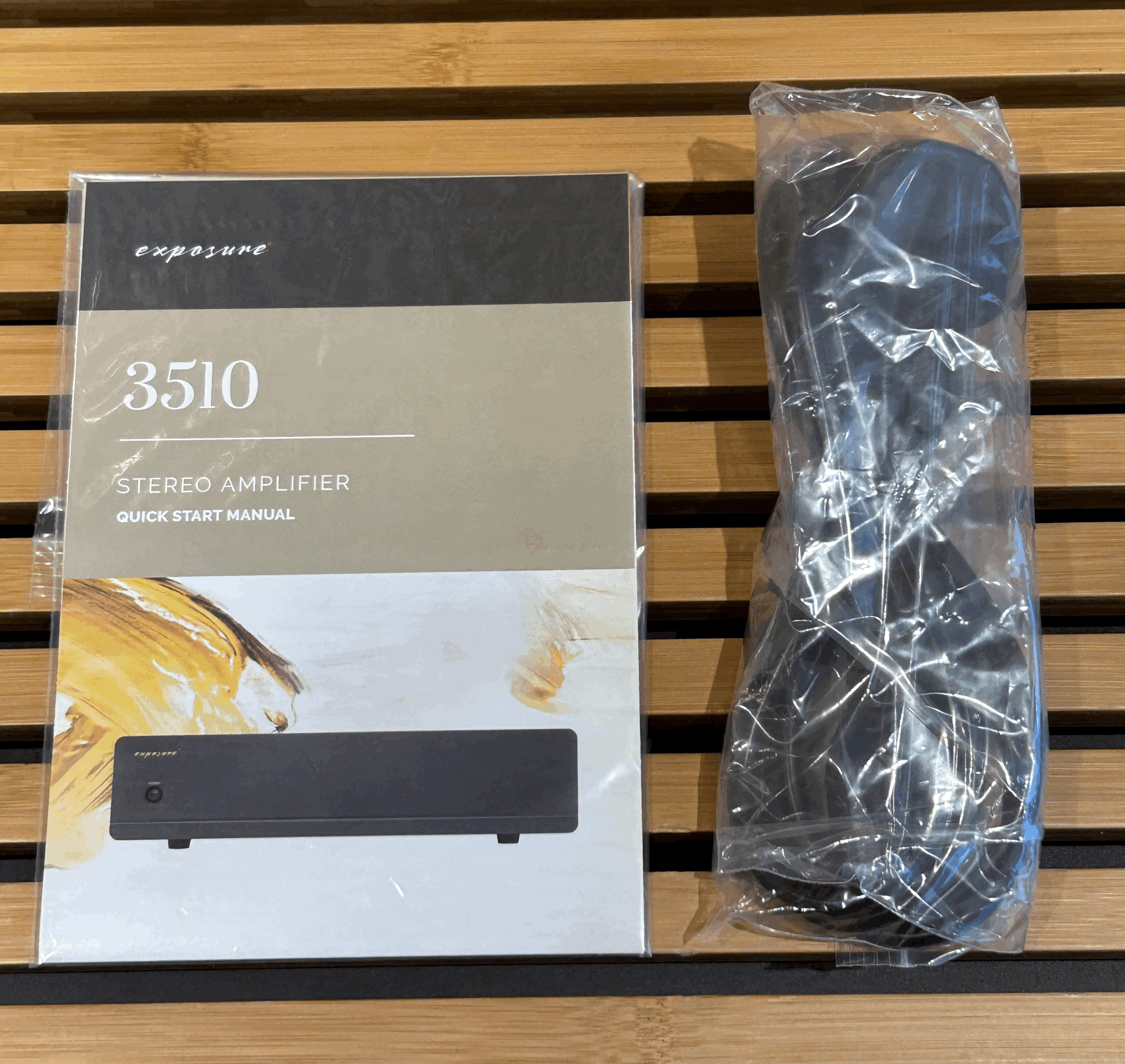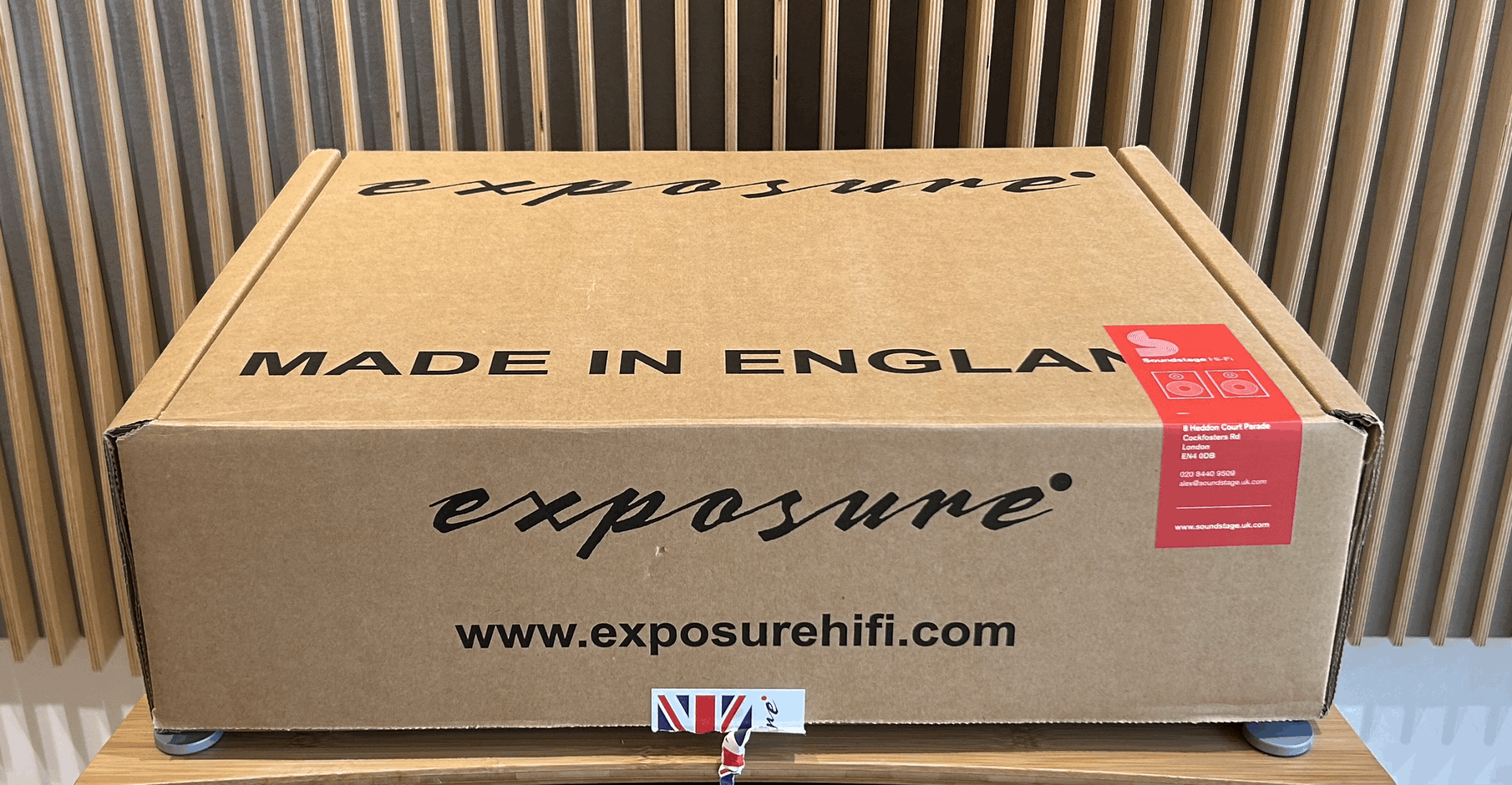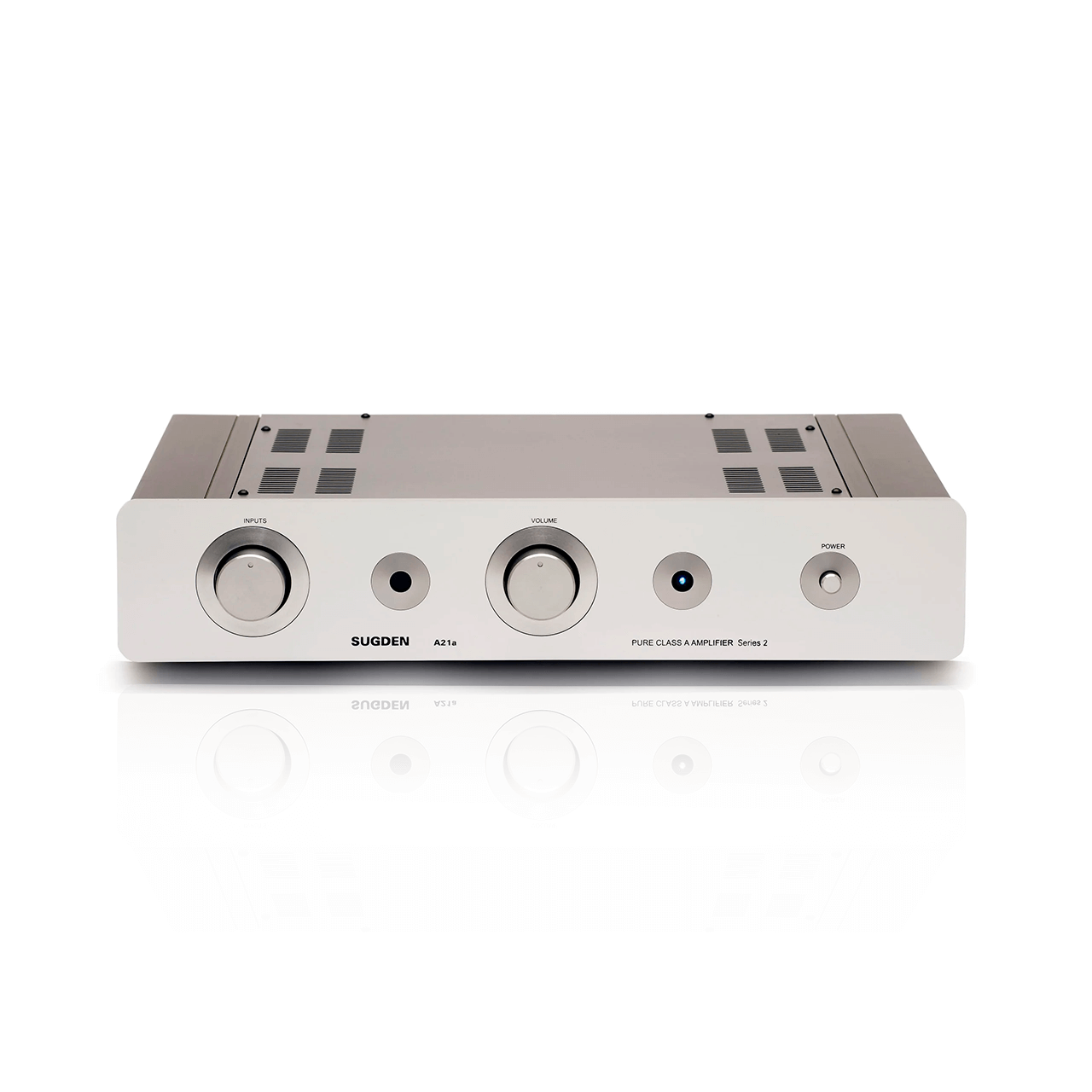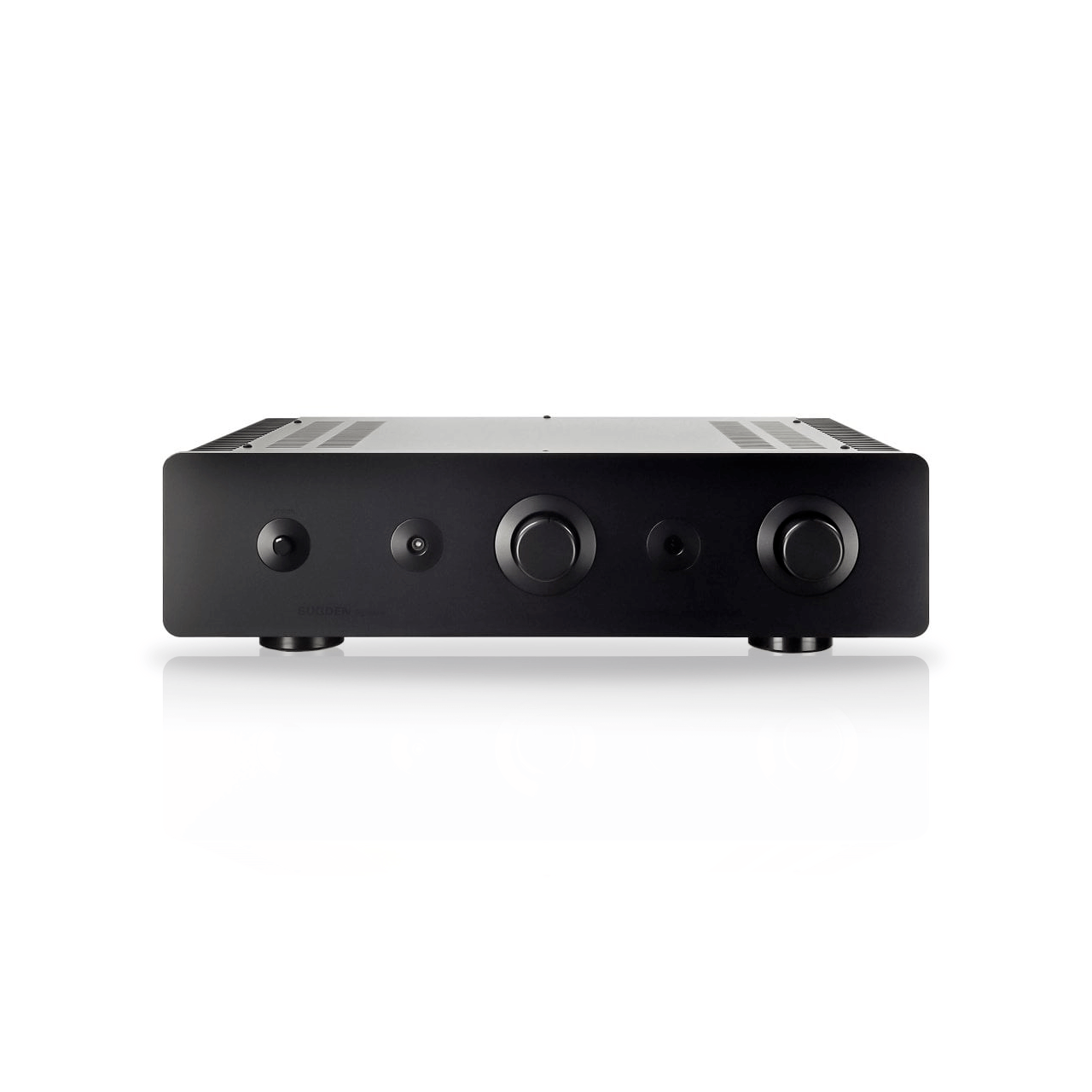Soulnote D-1N D/A Converter
The Soulnote D-1N is a pinnacle of digital-to-analogue conversion, employing the flagship ESS9038PRO DAC chips in a dual-monaural configuration. With extensive input options, including USB-supporting high-resolution PCM and DSD formats, the D-1N is a versatile centrepiece for any audio system. Featuring a non-oversampling mode for exceptional clarity and detail, along with a dedicated clock and multiple power supplies, the D-1N delivers reference-level sound quality.
Its robust construction, including metallic insulators and a large-scale toroidal transformer, ensures optimal performance and longevity.
Compatible with 32-bit/768 kHz PCM and 22.6 MHz DSD (DSD512) sound sources.
A perfectly balanced discrete non-NFB D/A converter using independent monaural modes equipped with non-oversampling mode.
The Soulnote D-1N is a pinnacle of digital-to-analogue conversion, employing the flagship ESS9038PRO DAC chips in a dual-monaural configuration. With extensive input options, including USB-supporting high-resolution PCM and DSD formats, the D-1N is a versatile centrepiece for any audio system. Featuring a non-oversampling mode for exceptional clarity and detail, along with a dedicated clock and multiple power supplies, the D-1N delivers reference-level sound quality.
Its robust construction, including metallic insulators and a large-scale toroidal transformer, ensures optimal performance and longevity.
Compatible with 32-bit/768 kHz PCM and 22.6 MHz DSD (DSD512) sound sources.
A perfectly balanced discrete non-NFB D/A converter using independent monaural modes equipped with non-oversampling mode.
The Soulnote D-1N is a pinnacle of digital-to-analogue conversion, employing the flagship ESS9038PRO DAC chips in a dual-monaural configuration. With extensive input options, including USB-supporting high-resolution PCM and DSD formats, the D-1N is a versatile centrepiece for any audio system. Featuring a non-oversampling mode for exceptional clarity and detail, along with a dedicated clock and multiple power supplies, the D-1N delivers reference-level sound quality.
Its robust construction, including metallic insulators and a large-scale toroidal transformer, ensures optimal performance and longevity.
Compatible with 32-bit/768 kHz PCM and 22.6 MHz DSD (DSD512) sound sources.
A perfectly balanced discrete non-NFB D/A converter using independent monaural modes equipped with non-oversampling mode.
-
Input format
USB: PCM, DSD (DoP v1.1, ASIO)
Coaxial, AES/EBU: PCM, DSD (DoP v1.1)Supported sampling frequency
USB: Max. 768kHz (PCM) / Max. 22.6MHz (DSD)
Coaxial, AES/EBU: Max. 192kHz (PCM) / Max. 2.8MHz (DSD64 DoP v1.1)PCM quantization bit rate
USB: 16bit, 24bit, 32bit
Coaxial, AES/EBU: 16bit, 24bitUSB profile
USB 2.0, USB Audio 2.0
Digital input
USB (Typ B), coaxial x2 (SPDIF), AES/EBU
Analog output
XLR x1, Cinch x1
Analog Output level
XLR: 5,6 Vrms
RCA: 2,8 VrmsFrequency characteristic
2Hz to 120kHz (+0/-1dB)
S/N ratio
110dB
Total harmonic distortion
0,003%
Analog filter
Two-dimensional passive
Power voltage
230V AC 50Hz
Power consumption
40W
Maximum external dimensions
Main unit: 456(B)×109(H)×379(T)mm
Weight
10kg
Included accessories
Spikes, Power cord
-
Free Delivery within Mainland UK.
60-Day Money-back Guarantee
Returns Policy
Soulnote D-1N D/A Converter
Compatibility
Compatible with max. 32-bit/768 kHz PCM and max. 22.6 MHz DSD (DSD512) sound sources. In addition to compatibility with new high-resolution sound sources across a range of PCM and DAD formats from USB inputs, the D-1N also supports coaxial digital inputs (2 systems) and AES/EBU.
ES9038PRO
The ES9038PRO, ESS' flagship 32-bit DAC, is installed separately in the left and right channels through a monaural mode that achieves the world's highest specs (DNR140 dB). SOULNOTE's original discrete nonnegative feedback amplifier that extends into the MHz region receives up to 120 mA from the powerful DAC current supply and amplifies this power for the output. The combination of the ES9038PRO and the discrete non-NFB amplifier achieves vibrant music playback bursting with energy that cannot be obtained from standard OP amplifier circuits.
A clock with ultra-low jitter crystals
Because it has the largest impact on sound quality, the clock uses ultra-low jitter crystals with phase jitter of less than 1 ps. The layout places it as close to the DAC chip as possible to create the ideal clock-wave pattern.
A power transformer with a 260 VA large-scale toroidal transformer
The power transformer uses a 260 VA large-scale toroidal transformer. This creates a power amplifier class non-NFB power supply. With an exceptionally high voltage setting of ±43 V, this discrete non-NFB power supply also used in amplifiers to offer playback that is both detailed in its spatial expression and filled with energy.
Eight different power supplies
Equipped with eight different power supplies that use our original high-speed discrete regulators. The DAC peripheral circuits employ independent power supplies for the left and right channels in both analog power supply and digital power supply. The D-1N also contains a power supply for the crystals, one for USB, one for logic, and one for the SPDIF differential receiver. These eight power supplies use SOULNOTE's original high-speed discrete regulators that prioritize sound quality to let the high-voltage ES9038PRO's true potential shine.
NOS mode utilization
In addition to the conventional FIR oversampling mode, the D-1N also includes a new non over sampling mode, which is basically a non negative feedback version adapted to operate in the digital domain. This mode does not generate the pre- and post-echoes observed in FIR oversampling. It also boasts extremely low noise levels with analog outputs, with no difference in levels between the two modes.
Impulse output waveform with an FIR oversampling filter (D-1N analog output)
Pre- and post-echoes are artificial "sounds" created by data calculations before and after the data is interpolated. They make waveforms like sine waves appear smoother, but calculation algorithms can affect the sound quality or ambiguity and be added to the time axis.
Impulse output waveform in non-oversampling mode (D-1N analog output)
This waveform can only be achieved by combining a non-NFB discrete amplifier with superb transient response performance. Because music waveforms are actually a series of impulse waveforms of different heights, the non-oversampling mode eliminates any ambiguity in the time axis information, creating more realistic and natural sound quality and an expansive listening environment to the human ear, which is extremely sensitive to the time axis.
* The non-oversampling mode cannot be used with DSD.
Uses the groundbreaking Bulk Pet transfer method
USB-Audio generally transfers data using the Isochronous transfer method. The D-1N uses Bulk Pet, a new Bulk transfer method developed by Interface Corporation. The Bulk transfer method results in reduced loads for computers and D/A converters, ushering in the next dimension in playback sound quality.
* Dedicated drivers must be installed on your computer when using Bulk Pet.
* There is no need to update the firmware when using Bulk Pet with the D-1N.
Metallic insulators as standard equipment (when under load)
Though plastic insulators are the conventional standard, we now use metallic insulators since they promote higher sound quality.
Lock range switching functions to extract the best quality from connected equipment
You can choose one of four stages for the optimal lock range to match the clock accuracy of transmitting devices connected to the D-1N.

